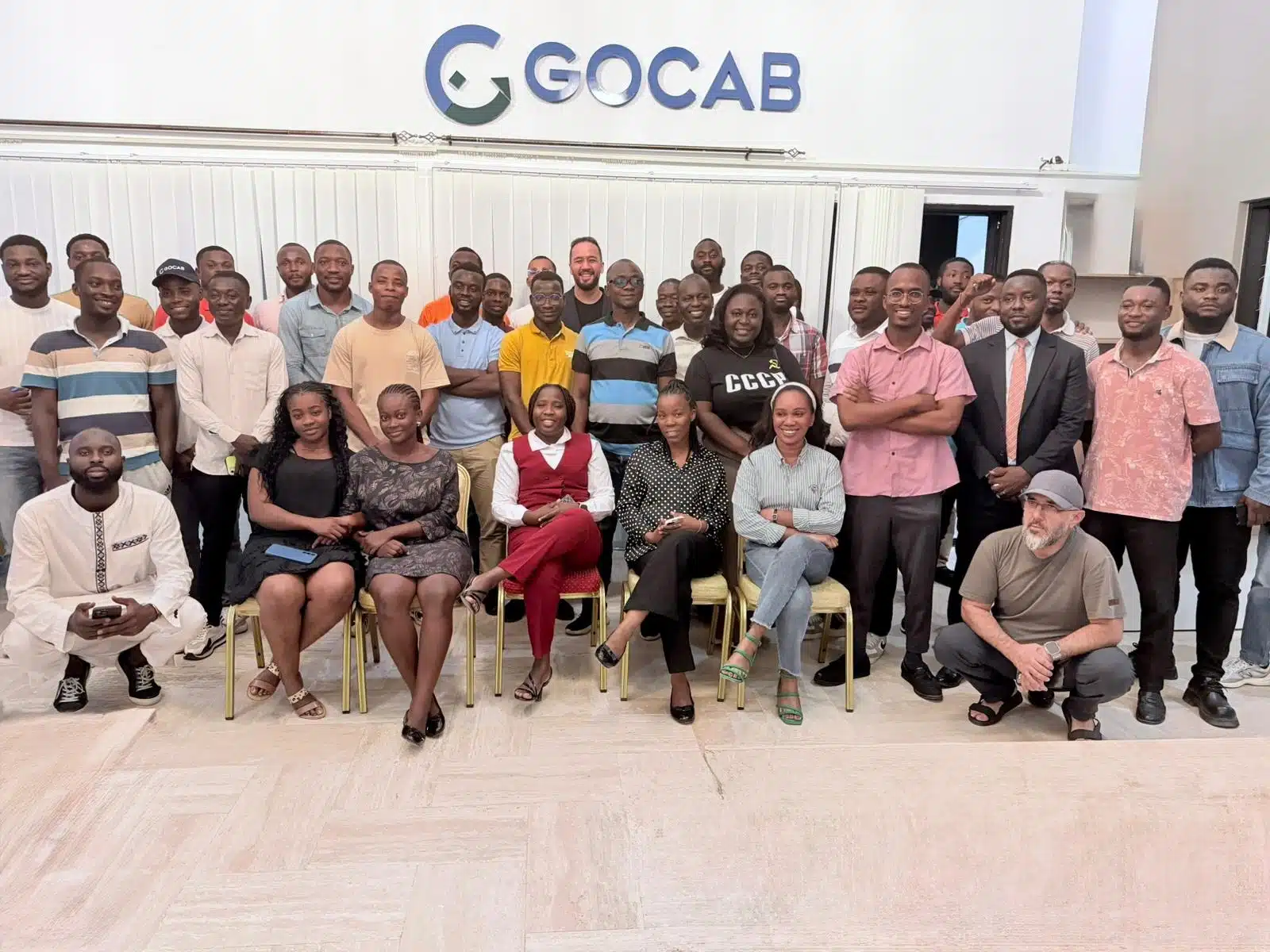Schneider Electric has emphasized the transformative potential of AI-driven manufacturing for Nigeria’s industrial growth. Drawing insights from the Philippines’ growing AI adoption, industry leaders believe that similar innovation in Nigeria could catalyze higher efficiency, sustainability, and economic resilience.
Recent reports from Asia, including a feature by BusinessWorld Philippines, highlight how regenerative, AI-powered manufacturing processes are unlocking significant economic value. Experts say Nigeria, Africa’s largest economy, has the opportunity to replicate and adapt these practices to address long-standing challenges in power, infrastructure, and productivity.
Speaking on the future of Nigeria’s manufacturing sector, Ajibola Akindele, Country President, Schneider Electric, Anglophone West Africa, noted:
“Three transformative trends are emerging as key enablers of this dual pursuit of profitability and sustainability: electrification, digital transformation, and circularity. These are no longer buzzwords but practical necessities for Nigerian manufacturers seeking to stay competitive and future ready,” he said.
Schneider Electric believes that AI-enabled automation, when combined with smart energy management, will help manufacturers minimize waste, cut costs, and reduce energy usage. However, realizing this vision requires investment in local infrastructure, particularly AI-ready, modular data centres to support increased data processing demands.
“As AI adoption accelerates across Nigerian industries, businesses face an exponential increase in data processing needs. This has placed immense pressure on traditional data centre infrastructure, creating a growing demand for scalable, energy-efficient solutions.” added Ajibola Akindele.
Nigeria’s current manufacturing landscape is marred by persistent energy challenges and gaps in digital infrastructure. Industry players say this must be addressed through investments in electrification and prefabricated data centres, digital transformation of factories and supply chains, upskilling of local talent in AI, automation, and energy systems, and public-private collaboration to create enabling policies and incentives.
With rising interest in sustainable practices and economic diversification, Schneider Electric advocates for a regenerative manufacturing model where energy efficiency, circular design, and digital innovation intersect to drive long-term growth.





